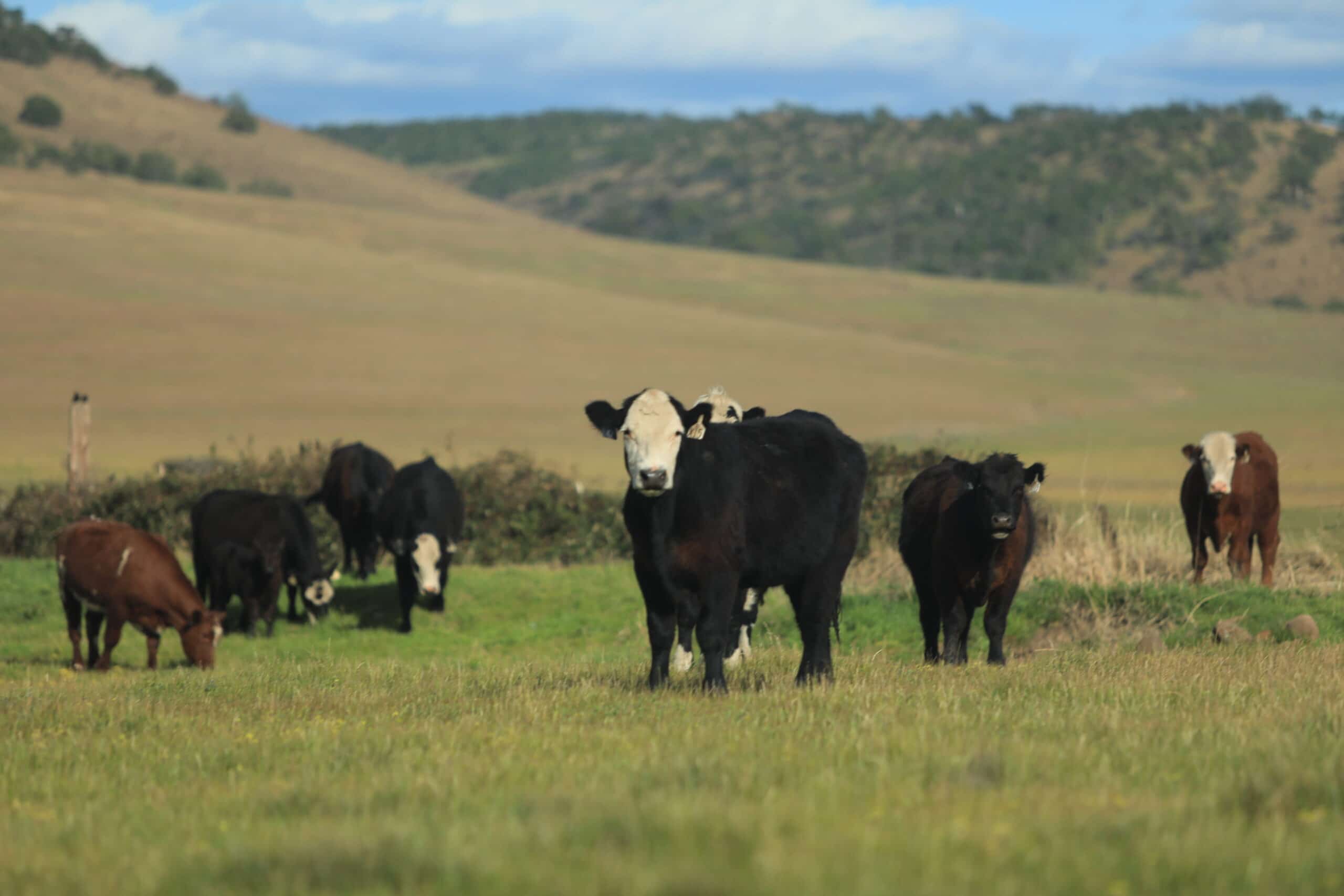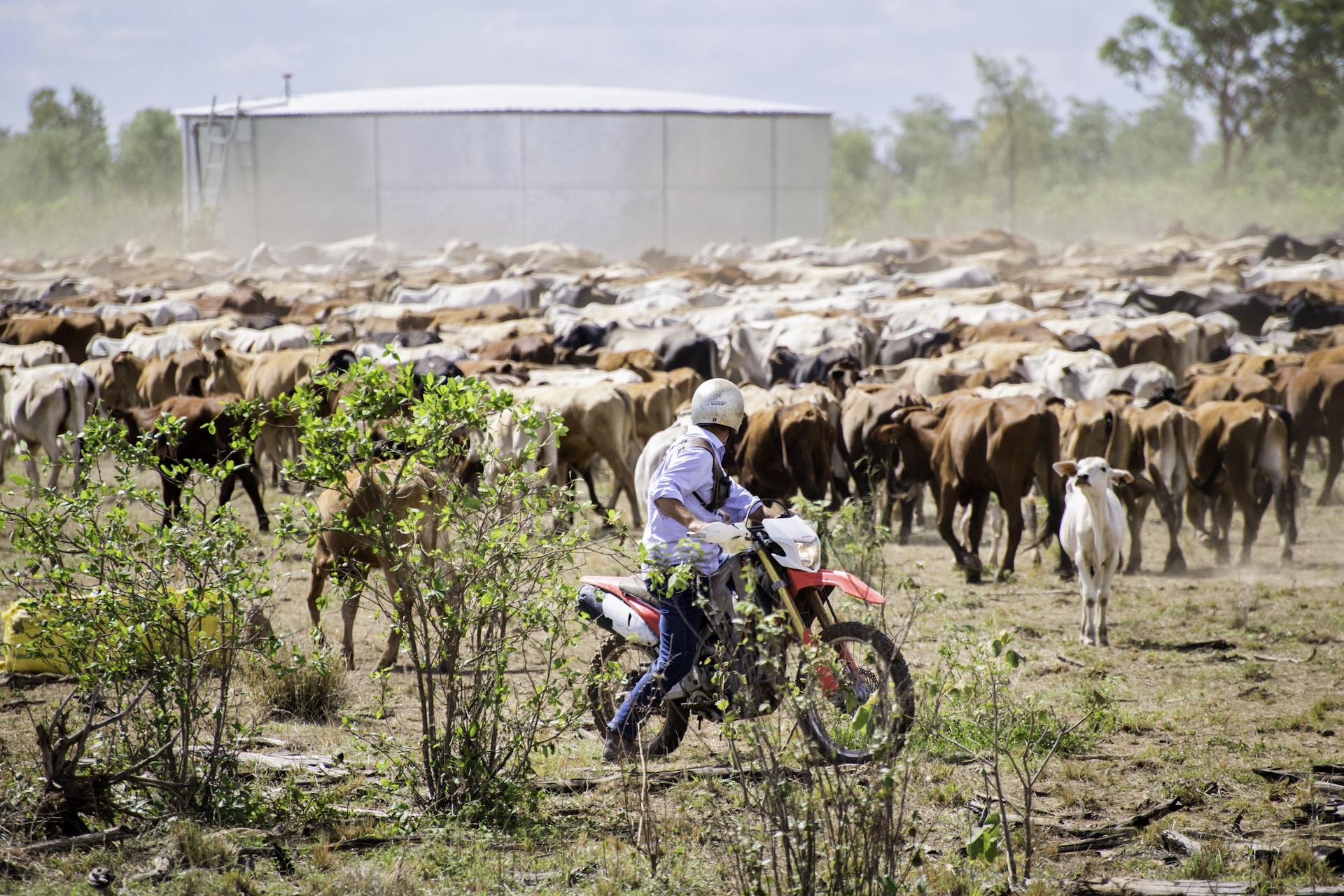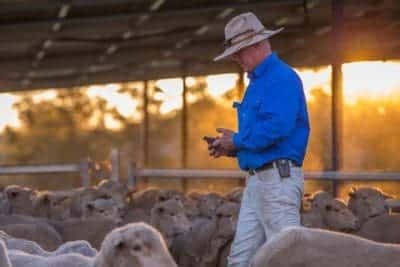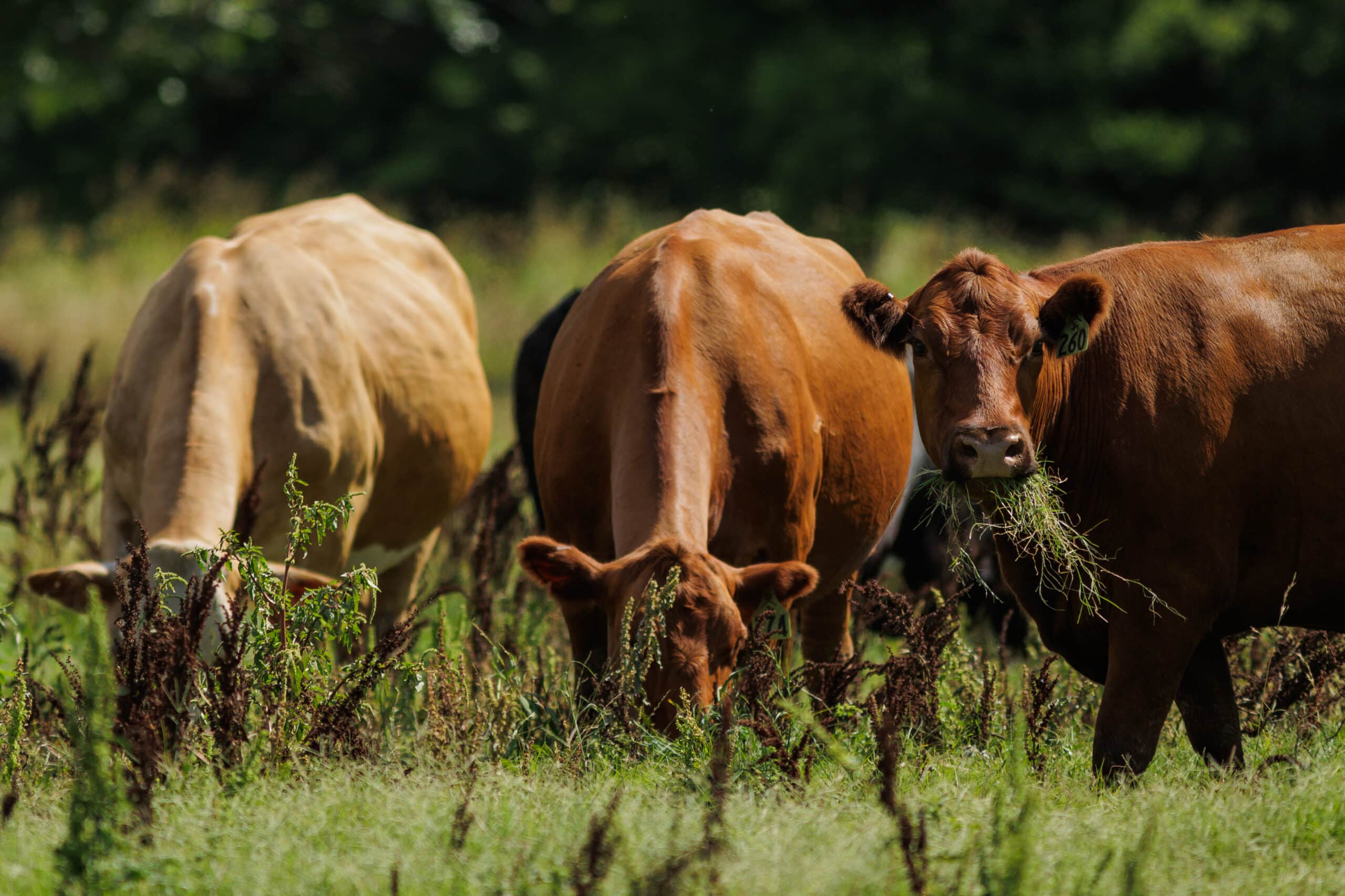What to Consider When Selling Into a Supply Chain

AgriWebb’s recent State of the Global Farmer Report revealed more and more ranchers are looking beyond the Big Four when selling their cattle. One option, explored in our Beef Marketing Innovation Webinar, is selling into an integrated supply chain.
Fallon Flick, Livestock Data and Logistics Manager with Mishima Reserve, explained how the company uses a hand-picked network of family ranchers to produce premium quality American-bred Wagyu beef.
“Our role is creating value in the supply chain. We work with producers to capitalize on the characteristics of a breed that are so good,” she says. “We’re passionate about the product.”
Selling to a company such as Mishima means you can earn a premium for your beef but isn’t without challenges. Below are some things to keep in mind when considering selling into an integrated supply chain.
Find a Scheme that Suits your Business
There’s little point in signing up for a scheme that involves overhauling your entire operation. Explore what’s out there and ask questions along the way. Entering into a scheme that fits your business model is key to capitalizing on potential profits without adding unnecessary work or changes.
“You have to make sure that the premium we have the potential to give you is actually going to be of benefit to you,” Fallon says. “It’s just making sure it fits your production goals.”
Be Prepared for Increased Transparency
As more end users adopt an interest in better understanding where their products, especially meats and proteins, hail from, a push for a detailed road map of the gate to plate journey is being adopted by supply chain programs.
“We have producers who get frustrated because we age and source verify everything we can. There’s a little bit of paperwork,” Fallon says. “We supply producers with EIDs and a matching visual tag, and it’s just about being transparent.”
You May Need to Adjust your Management Practices
Prior to joining a scheme, ask questions about what guidelines and practices are required to remain compliant. While you may be asked to follow a particular protocol such as a vaccination schedule, supply chains are happy to provide advice and instruction when it comes to the animals being raised for their program.
“We just want to keep those weaning calves as healthy as possible,” Fallon points out. “It might just mean communicating what you’re doing, but if you’re open to guidance, we can provide that.”
You Might Give up Control, but You’ll Gain Insights
If you have previously sold beef direct-to-consumer, selling into an integrated supply chain means ceding some control. Something Mishima Reserve shares is carcass data with those the producers who sell into their supply chain with the help of AgriWebb.
“You don’t necessarily know what calf ends up in what retail chain or restaurant,” Fallon explains, “but we will give you a lot of insight. We’re very transparent, and on the back end, we want to provide data for the increase in genetic value that the producer’s looking for.”
Are you an integrated supply chain like Mishima Reserve, ready to scale and expand with the help of real-time insights and next-level collaboration? Check out AgriWebb Connect! For ranchers looking to make compliance a breeze with real-time data, reports and insights leading to better



